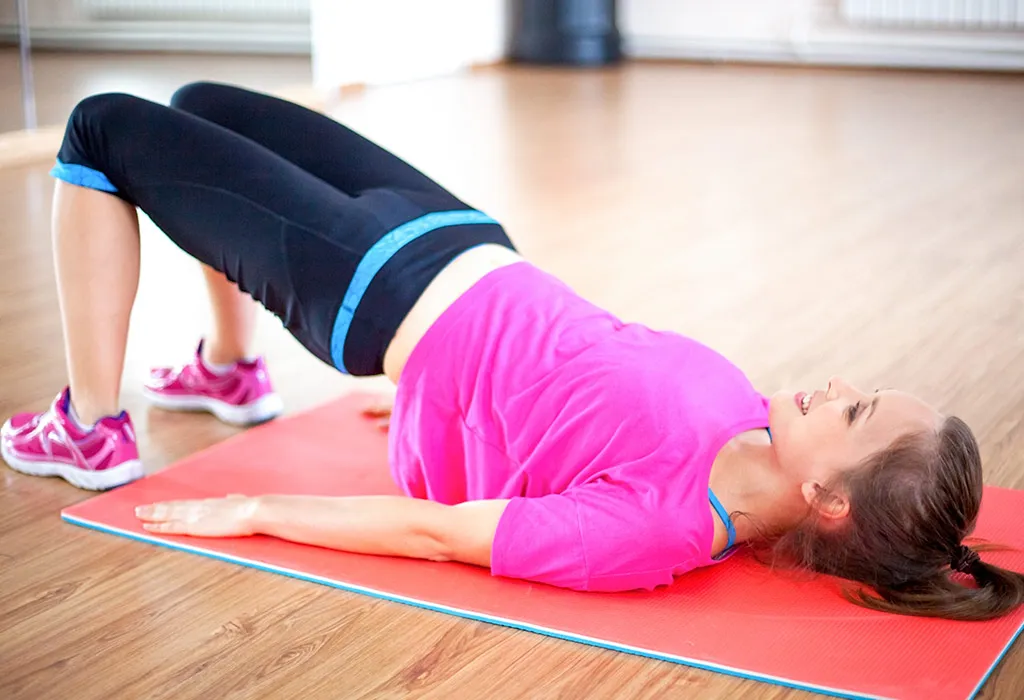
If you’ve recently given birth to your child, you may be wondering whether it’s essential to try pelvic floor rehab after childbirth. Of course, you do need pelvic floor rehab. These pelvic floor rehab can help with incontinence, often when the pelvic floor muscles weaken and allow urine to leak uncontrollably. Pelvic floor rehab exercises are incredibly beneficial to those who have undergone childbirth, especially those who could not perform such activities during pregnancy. However, it’s crucial to undertake these exercises under the care of a professional to avoid risks and for the best results.
-
It Can Help with Post Child Birth Pains
New mothers often face stories of excruciating labor pains and feeling like their nether regions have been shredded. But even before those birth pains set in, there can be a lot of stress on your pelvis, bladder, and bowels—all areas connected to your pelvic floor muscles.
Pelvic floor rehab is essential for getting back into shape after childbirth. It’s not as easy as it may seem, but with the right equipment and training, you can get back to running around the house with your kids again in no time! However, it requires professional guidance to determine which exercises work best for you. Make sure to talk with your pelvic floor physiotherapist before starting any post-partum exercise program.
-
It May Help to Ease Incontinence
While pregnancy and childbirth are exciting and joyous experiences, things can go awry after delivery for many women. There’s a chance one may suffer from minor urinary incontinence or vaginal prolapse, but there’s also a high chance that pelvic floor rehab could help alleviate these conditions. As the post-partum period progresses, the uterus shrinks back to its original size, and the ligaments in place slacken. Sometimes the bladder falls into an unstable position.
The abdominal muscles may be weakened by pregnancy hormones, making bladder control more difficult. For this reason, pelvic floor exercises might provide relief. One of the reasons that doctors recommend pelvic floor rehabilitation is because it’s shown to be effective in treating urinary incontinence and supporting those who have suffered from prolapse or major surgery on their genitalia.
-
Can Help with Bowel and Bladder Control Issues After Birth
The pelvic floor muscles, which support your bladder, bowel, and uterus, are powerful in a healthy body. However, after childbirth, these muscles can stretch and weaken. However, with time and regular exercise of your pelvic floor, you may find that you can regain control over your bowel and bladder without medication or surgery. That can save you from dealing with bowel problems or urinary incontinence later in life.
However, if you’re struggling with exercises, reputable centers can use electrical stimulation to help the pelvic floor muscles work more effectively. For example, a patient may get a small battery-operated electronic device that sends small pulses of electricity through their pubic bone when they feel their bowels moving.
-
Can Help Treat Sexual or Perineal Pain
If you’ve experienced childbirth and are suffering from sexual or perineal pain, you may wonder if pelvic floor rehab is right for you. Pelvic floor therapy can improve muscle tone and mobility of your pelvic area. It can also help alleviate other symptoms like low back pain, incontinence, and vaginal laxity.
However, working with a physical therapist specializing in this type of rehabilitation is essential because the exercises are different from those used in traditional PT sessions. However, it will depend on your condition. Consult a pelvic floor specialist to determine if rehabilitation is proper for you.
Conclusion
If you’re experiencing issues with vaginal, bladder, or bowel control post-childbirth, consider talking to a professional pelvic floor physiotherapist about how to start pelvic floor rehab and work on regaining control of these muscles. Incontinence can be embarrassing and challenging to live with—so do what you can to stay healthy. Quick recovery!

